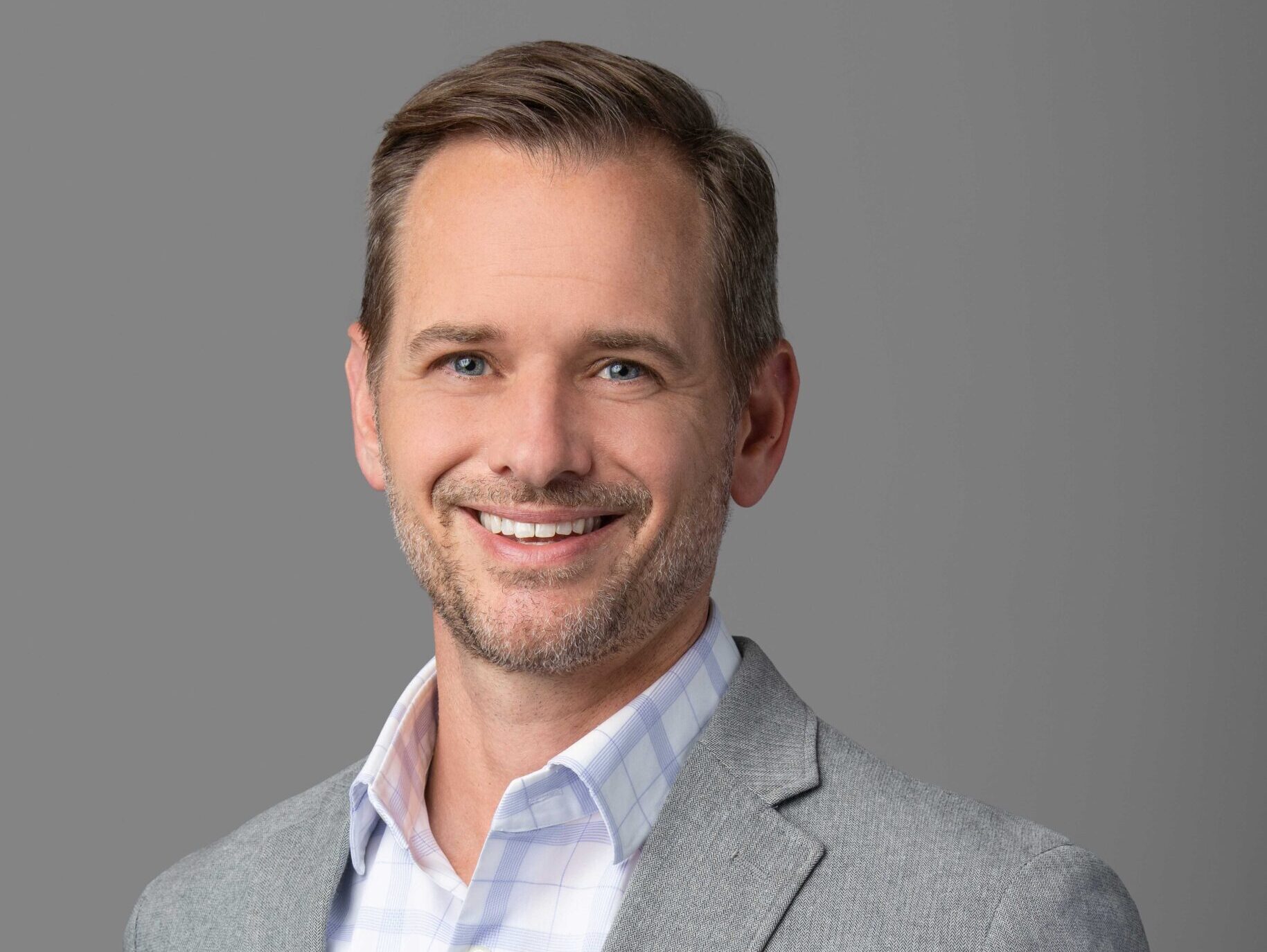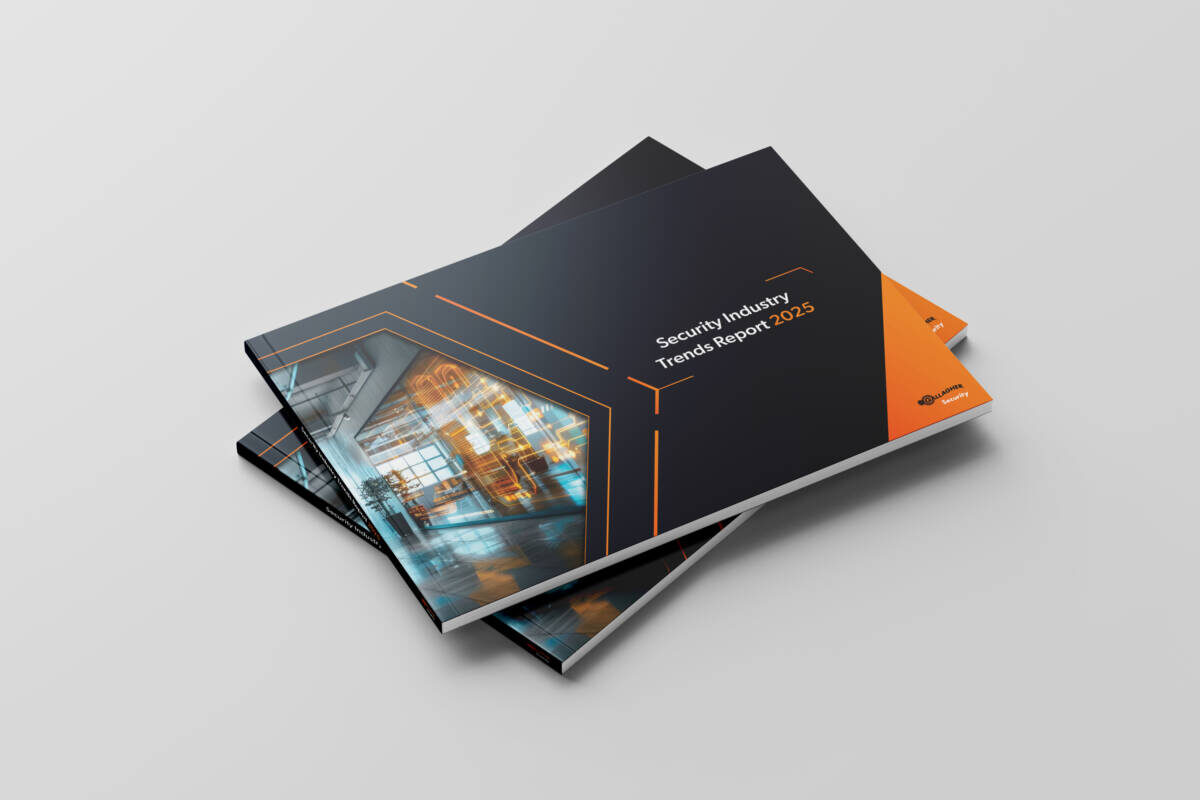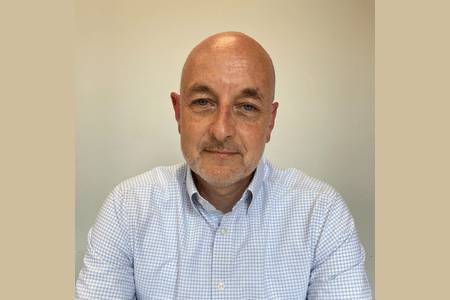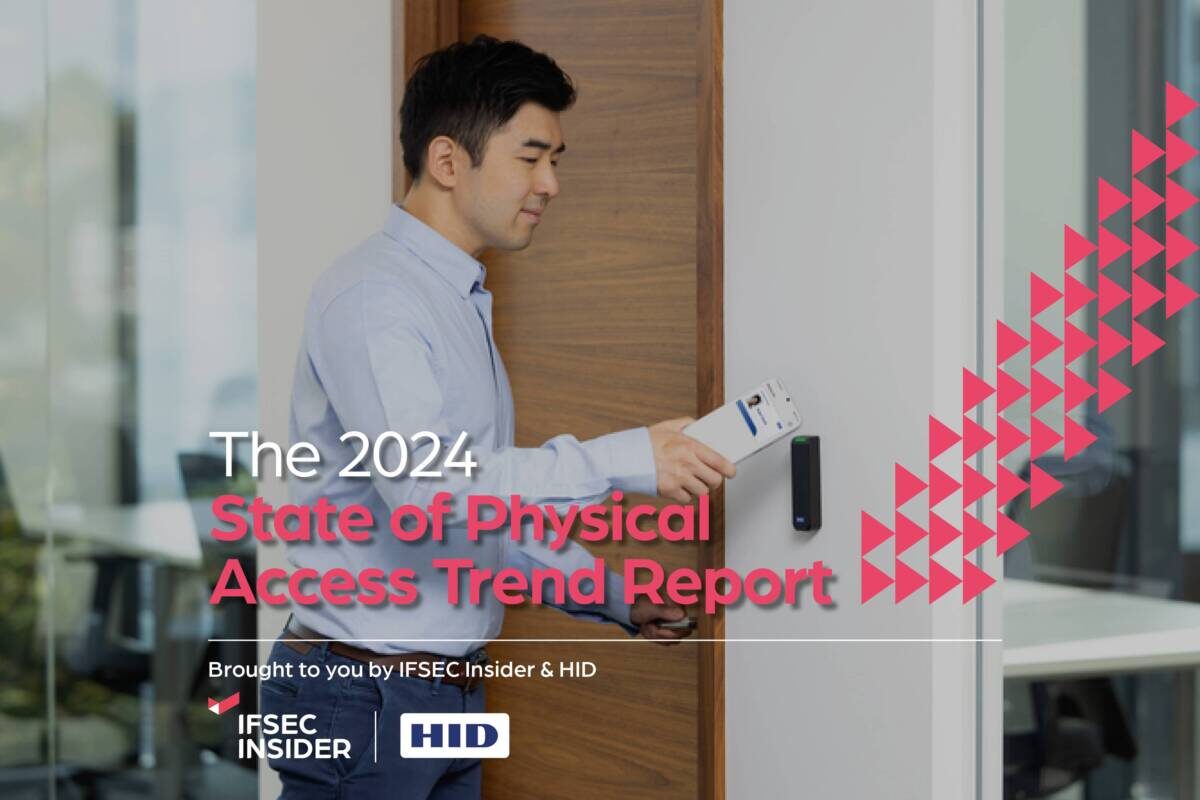Is physical security being forgotten in a cyber-centric world?
SecurityNewsDesk recently spoke to Anthony Neary, Managing Director of Safe, on the attitudes towards physical security in an age where cyber security and online data are at the fore.
Back in November of last year, Safe published their Blasé Brits’ infographic, outlining the many ways in which the general public leave their homes vulnerable to theft, despite acknowledging the importance of protecting their belongings. Anthony puts this down to two causes – firstly “as with a lot of things, people adopt an attitude of ‘it won’t happen to me’. They don’t fully appreciate that they might be a target even though our survey showed that 70 percent of us know someone who has been burgled in the UK.” Further than this, many of those who do take measures to protect their properties “are relying on distraction tools like light timers, rather than having security products in place as well. It might be that people can’t decide on the right product for them, but there’s so much advice out there to assist.”
Perhaps the reason why this advice has not been observed is due to the second factor of the ‘Blasé Brits’ syndrome – the media. In Anthony’s opinion, it seems that mainstream media isn’t creating the awareness around physical security issues that it arguably should. “A current example,” he explained, “is ‘lock snapping”, a relatively quick and easy way to force open a euro lock affecting 100,000s of homes in the UK. There has been the odd news item over the past few years, but considering how many people are affected it is astounding how few are aware of the problem. The industry has produced fantastic new products to combat this, but not enough people are upgrading. It’s a simple process to change the lock yourself, taking only a few minutes, and at only £30.00 it’s unlikely cost is the issue.”
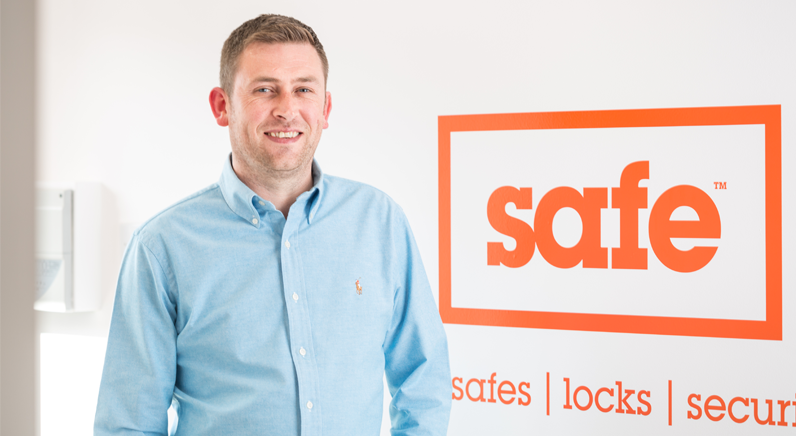
As well as physically leaving their homes vulnerable, there are also worries that with the new ‘online social age’, more and more people are promoting the fact that they are going away on holiday – or broadcasting their location – letting the online world know that their homes are left unattended. According to Anthony, this is a serious problem and one that’s only going to get worse: “We did a social media security study last year which revealed 2/3 users aren’t making their accounts private, leaving their personal information open to prying eyes,” he said, “We offer advice on how to make your property look as if someone is home as we know this can detect a would-be-burglar, but worryingly 50 percent of users tag themselves at locations on social media or advertise their latest holiday destination. For a cyber-savvy burglar this creates a ready-made list of top spots to target.”
With so much focus, in recent times, on data protection, information security and all things cyber we ask Anthony whether he believes that this focus has actually made people, and more worryingly businesses (particularly SMEs) and public sectors forget to protect themselves physically. “There is no question that cyber security and online data are the current talking point,” Anthony agreed, “high profile companies are in the news on a regular basis making it impossible to miss. Other than the recent Hatton Garden theft, physical security rarely receives this kind of attention.”
It is for this reason that Anthony believes people and businesses are not really appreciating the physical threat. Another worry is the way in which this focus on keeping your personal data secure online has somewhat pushed to the background the concept of keeping your personal data secure physically. A recent survey carried out by Safe found that only 25 percent of Britons own a house alarm, and even less own a safe. “With regard to personal data, physical security is still as important as it ever was,” states Anthony, “consider how often you are asked for a proof of address or ID when subscribing to a service or making a large purchase. Passports and personal documents are the sort of items a burglar would be after – shredding documents and keeping your passport in a safe can easily prevent this.”
In a world where cyber security is hitting the headlines almost every day, and a large majority of our time is spent looking at details on a screen, it is perhaps easy to forget that not only do our memories, belongings, personal detail and confidential information exist in a physical matter that needs to be secured, but also that the online and cloud data that individuals, businesses and public sectors put so much work into protecting still exist in a physical form that also needs protection.
For Anthony Neary, the “simple truth” is that as the general public “we don’t consider ourselves a target” and perhaps the media, by re-tracing the more than relevant traditional physical security threats, can increase awareness around the physical security topic that at the moment is troublingly lacking.
Safe was founded in 2003, primarily offering safes to business customers. Over time they have developed their range to become the go-to destination for security products for both the home and business. Safe stock the biggest names in the security industry including Yale and Chubb, offering protection from security, fire and flood. Their range includes safes, locks, alarms, lockers, fireproof cabinets and more recently Smart Security. No matter what you need to protect the Safe range is designed to suit all tastes, needs and budgets.
[su_button url=”https://www.safe.co.uk/” target=”blank” style=”flat” background=”#df2027″ color=”#ffffff” size=”10″ radius=”0″ icon=”icon: arrow-circle-right”]For more information on Safe click here[/su_button]





